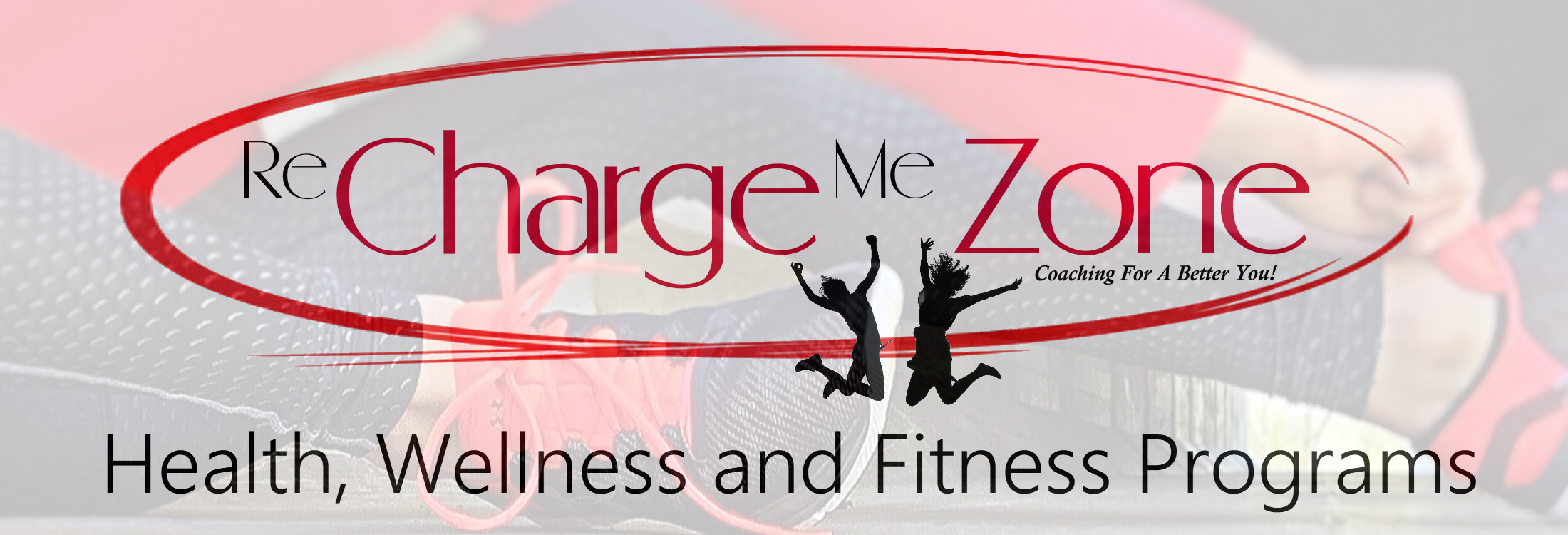Are you moving through life on autopilot? Do you ask, “Where does the time go?” Are you living in the past or worrying about the future? Many of us are letting life pass by without paying much attention and before you know it, days fly by, as do the weeks, months, and years. In fact, scientists have confirmed that this experience of time “flying by” increases with age. With each passing year, the novelty of life diminishes, and our perception of time accelerates. You have the opportunity to change how you are experiencing life if you find time is fleeting and you are wondering how to slow the pace down.
I want to talk to you about being present. Taking in all the wonderful things that are happening in your everyday life. It is easier said than done. We become distracted and move into the future or step back into the past. According to a 2010 study, our minds wander around half the time we’re awake. So, by embracing the idea of living in the present our overall health can improve. Psychology Today writes, “Mindful people are happier, more exuberant, more empathetic, and more secure. This means we are intentionally focusing on the here and now. We are not being distracted by past doubts or concerned about what tomorrow brings.
This is where mindfulness comes in. Mindfulness is focusing attention on the present moment. Being mindful can increase mental and emotional well-being. We can practice anywhere or anytime. Staying present means being focused on one thing. This means you are in the moment with what you are doing or listening to without getting lost with other thoughts.
So, what can the practice of mindfulness do for you? Research has shown it can lower stress, increase resilience, reduce anxiety and depression. It has also been shown to slow age-related disorders such as dementia, help with chronic pain and increase sleep quality.
How can you practice being mindful? Begin by noting small things you do every day. Eating is a good place to start. We often eat while reading, watching television or other things and aren’t aware of what we are actually putting into our body. Practice mindful eating by experiencing the food without other distractions. The smell, texture, and taste. Notice your thoughts while eating. Is the food comforting? What do you feel? Mindful eating is a powerful way to nurture ourselves. You are not judging, but just being aware.
Another way you can practice is when you are involved in a discussion with another person. Often, we are so wrapped up in what we are going to say, or our own thoughts, that we are not fully engaged. Listen to the person’s voice, what they are saying, and notice the facial expressions. Too often we hear their voice but aren’t fully present.
Finally, I will mention meditation. Mindfulness is a way of stepping back from your thoughts and watching them pass by like clouds. We can notice them, but don’t have to engage with them or judge them. During meditation, thoughts can become distracting. If you find your mind wandering away with a thought, bring your attention back to your breath and senses.
Being in the present moment and using meditation can help us notice thoughts and feelings. It can help with experiencing tough emotions, gives us the power to focus on one thing and become more in tune with ourselves. Being present can make the time we spend in this world clearer and well spent.
“Do not dwell in the past, do not dream of the future, concentrate the mind on the present moment.” – Buddha
“To become mindfully aware of our surroundings is to bring our thinking back to our present moment reality and to the possibility of some semblance of serenity in the face of circumstances outside our ability to control.” – Jeff Kober
Robin Anne Griffiths–Founder of ReChargeMe Zone * Behavioral Change Specialist * Yoga Instructor * Meditation Facilitator * Personal Trainer * Author * Speaker * Helping people on a journey for change to live a fuller and healthier life. Find out more at www.rechargemezone.com.


